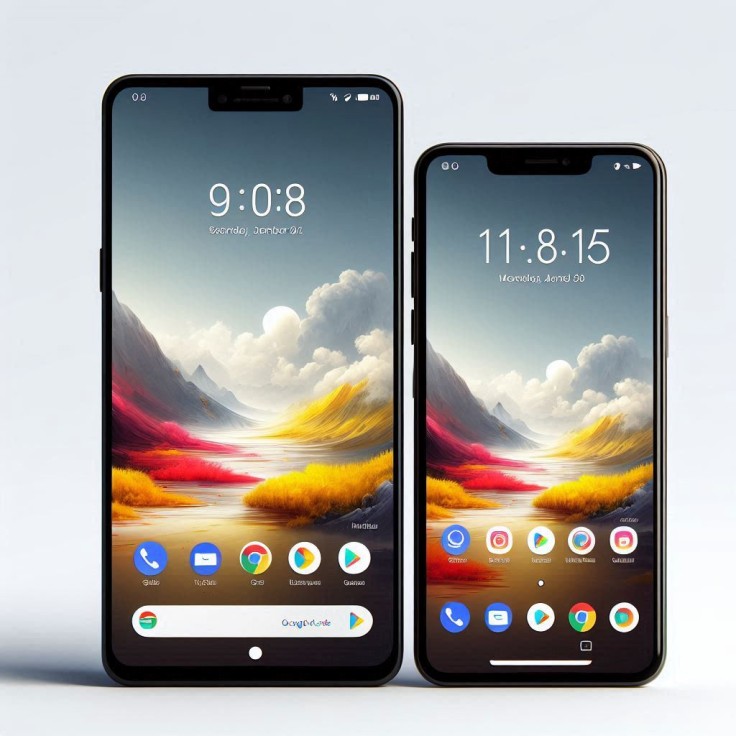
The rivalry between iOS and Android in the field of mobile operating systems keeps innovation and user happiness high. With the latest beta version of iOS 18, Apple has improved iPhone customization possibilities, bringing back capabilities that Android users have been using for a long time. Still, there are a number of important areas where iOS might learn from Android's playbook to improve the user experience even more.
1. Alternate App Stores
One notable aspect where Android has traditionally led is in the openness to alternate app stores. While iOS has recently accommodated third-party app stores under regulatory pressure in Europe, this capability remains limited geographically. Android users globally benefit from a wider array of app store options, fostering competition and potentially offering users more diverse app selections.
For iOS, expanding support for third-party app stores beyond Europe could empower users worldwide with greater flexibility and choice in their app ecosystems.
2.Third-Party Launchers
The possibility of changing the icons for applications in iOS 18 can be also considered as a little step towards the real personalization and similar with Android with support for third-party application launchers and icon packs for years. Android users have always been able to personalize their home screens; this has always been a good factor popular among Android users. Permitting full-fledged third-party launchers, as well as customizable icon sets on iOS can potentially extend the given capacity to customize the device interfaces according to the owners' preference, which will be closer to the Android option.
3. Notification Sorting
Compared to iOS's more basic method, Android has a more advanced notification management system with notification channels that allow you to classify alerts according to their relevance and importance.
Android offers customers more precise control over their notification experience thanks to its finely tuned notification channel management, whilst iOS has integrated AI-driven technologies to filter out less important messages. Implementing a similar categorization system on iOS could streamline user interaction by ensuring that important notifications are prioritized while minimizing distractions, thereby enhancing overall user productivity and satisfaction.
4. Universal Back Gesture
Android's universal back gesture simplifies navigation across apps, providing users with a consistent and intuitive method to return to previous screens from any interface.
In contrast, iOS's back gestures are limited in functionality, often requiring users to adapt to varying implementations across different apps. Enhancing iOS's back gesture to mirror Android's universal approach could improve user navigation consistency and efficiency, reducing the cognitive load associated with learning and remembering different gestures for different applications.
5. More Default Apps
Android offers greater flexibility by enabling users to choose default apps for things like messaging and voice help, while iOS has made progress in enabling users to set default apps for web surfing and email. With this degree of personalization, Android users may more fully adjust their device experiences to suit their preferences.
Expanding iOS's support for setting default apps across additional functionalities could grant users greater control over their interactions with their devices, aligning more closely with the user-centric approach championed by Android.
As Apple continues to iterate and refine iOS, the incorporation of features inspired by Android could further elevate the platform's appeal and functionality.
iOS 18 offers Apple the chance to incorporate user-centric improvements that are more in line with Android's user experience standards. These improvements range from boosting navigation gestures and improving notification management to broadening support for alternative app stores and third-party launchers. By adopting these prospective feature improvements, iOS may provide consumers with a mobile operating system that is easier to customize and use, meeting a range of user tastes and expectations in a market that is becoming more and more competitive.
Related Article : Apple Set To Expand AI Horizon With Google Gemini Integration In Apple Intelligence
© Copyright 2025 Mobile & Apps, All rights reserved. Do not reproduce without permission.

















